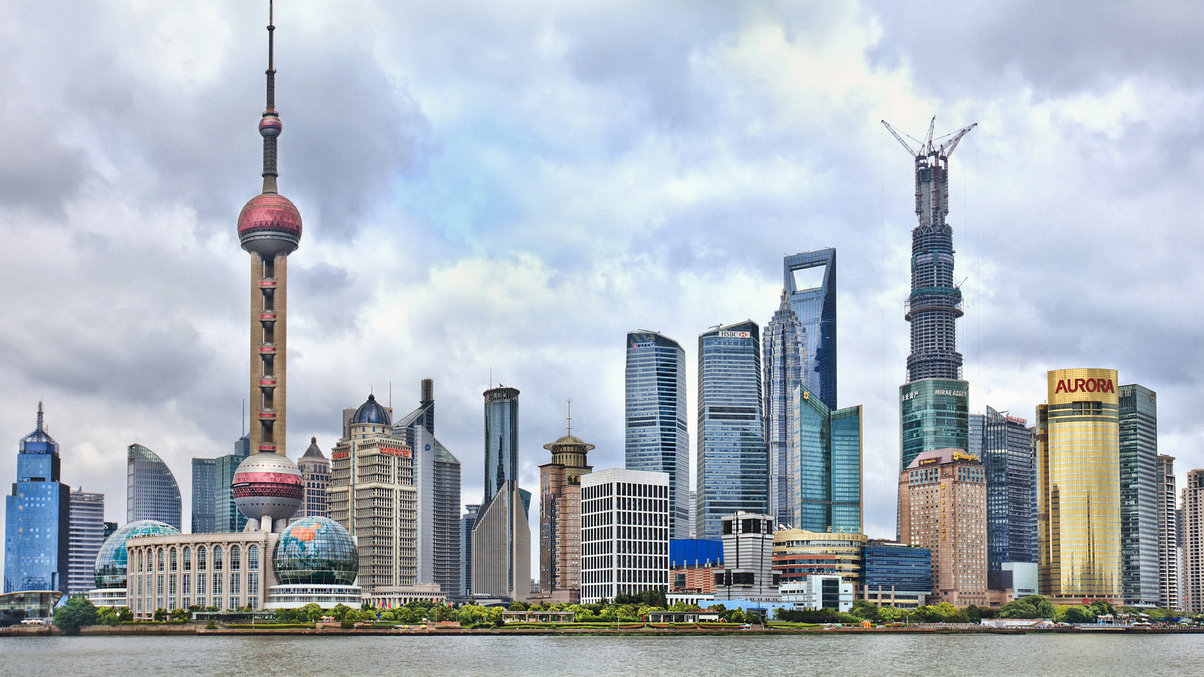Mirae Asset, Hanwha eye China IM-WFOEs
The two Korean managers are planning to set up onshore wholly-owned entities, which are seen as important vehicles for foreigners to win domestic China mandates amid deregulation.

Korean fund firms Mirae Asset Global Investment and Hanwha Asset Management are looking to set up or expand wholly foreign-owned enterprises (WFOE) in China that can conduct investment management.
Sign in to read on!
Registered users get 2 free articles in 30 days.
Subscribers have full unlimited access to AsianInvestor
Not signed up? New users get 2 free articles per month, plus a 7-day unlimited free trial.
¬ Haymarket Media Limited. All rights reserved.


